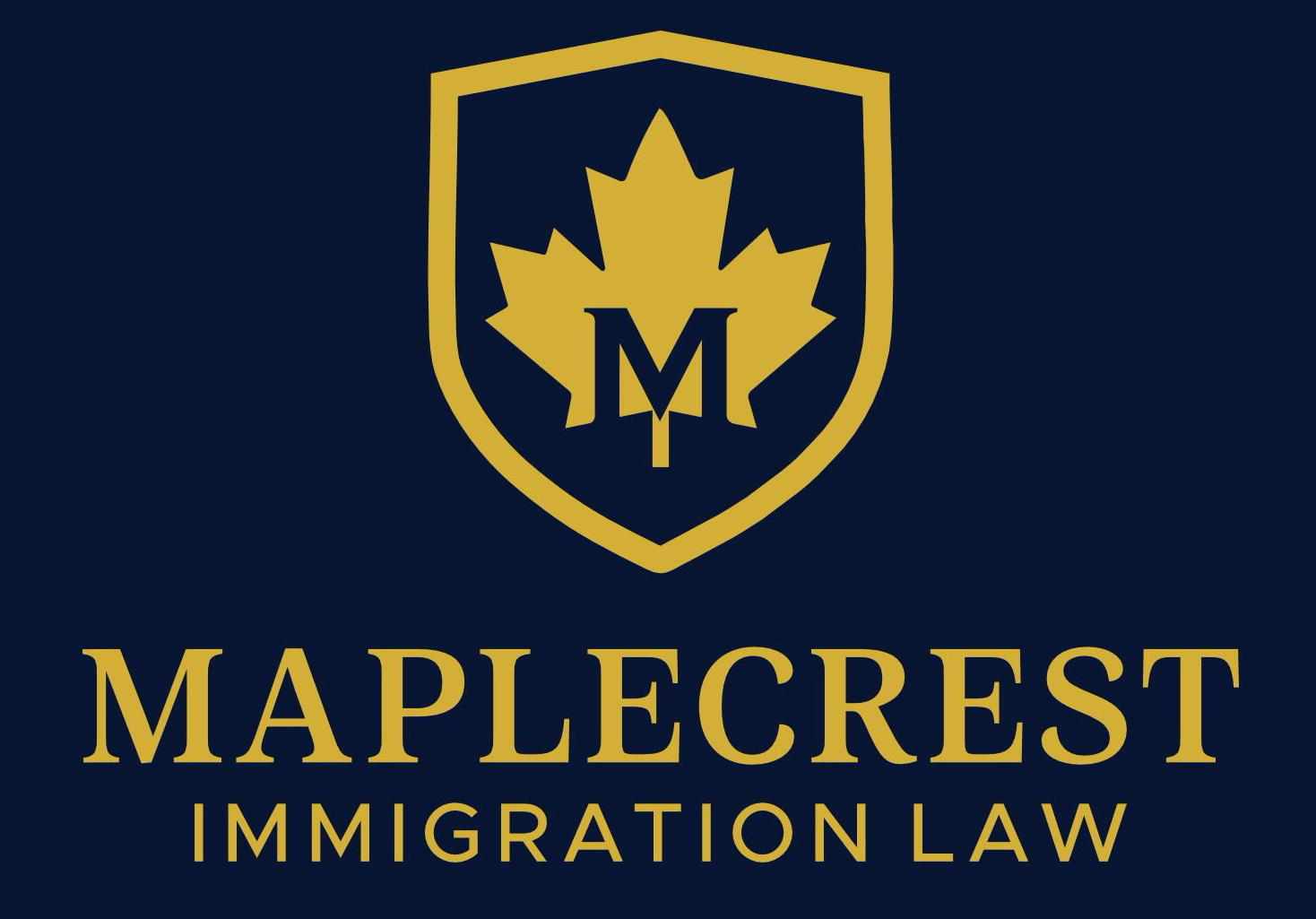Canada increased New Brunswick’s 2025 immigration quota in February. This boost reflects federal confidence in the province’s ability to integrate skilled newcomers and address labor shortages in health care, education, and construction.
Hospitals in Fredericton, Moncton, and rural clinics face vacancy rates above 15 percent for nurses, medical technicians, and general practitioners. Allocating nominations to international health professionals will help ensure timely access to quality medical services across the province.
New Brunswick schools also struggle with staffing. Anglophone and Francophone districts need more teachers, support staff, and special education assistants to maintain small class sizes and deliver personalized learning. Directing immigration spots to educators aims to stabilize staffing and strengthen the bilingual education system.
These measures, developed in collaboration with federal partners, include a robust support framework for newcomers. The following sections outline how New Brunswick assigns nominations to priority sectors and provides settlement services to help immigrants thrive. These targeted strategies promise sustainable economic benefits.
Table of Contents
-
Overview of New Brunswick’s Immigration Increase
-
New Brunswick Key Sectors Needing Workers
-
New Brunswick Asylum Collaboration and Funding
-
New Brunswick Industry Leaders’ Response
-
New Brunswick Newcomer Support Services
-
Broader Economic Impact in New Brunswick
-
Next Steps for New Brunswick
1. Overview of New Brunswick’s Immigration Increase
Canada’s federal government has granted New Brunswick 4,250 permanent resident nominations for 2025, up from 2,750 in February. This extra 1,500 slots target health care, education and construction to fill critical roles and support long‑term growth. The new allotment eclipses British Columbia’s 4,000 nominations, placing New Brunswick among the fastest‑growing Provincial Nominee Programs in Canada.
Provincial officials will allocate the additional spots to sectors reporting vacancy rates above 15 percent—from hospitals in Fredericton and Moncton to rural schools and construction sites. By fast‑tracking international nurses, teachers and tradespeople, New Brunswick aims to stabilize public services and accelerate infrastructure projects. Immigration, Refugees and Citizenship Canada’s online portal confirms these updated quotas and details the distribution across all provinces.
2. New Brunswick Key Sectors Needing Workers
New Brunswick targets three priority industries. Each sector faces staffing shortfalls that slow growth and reduce public services.
| Sector | Key Roles Needed | Source |
|---|---|---|
| Health Care | Nurses, general practitioners, lab technicians | IRCC Provincial Nominee Program² |
| Education | Elementary teachers, special education assistants | New Brunswick Department of Education³ |
| Construction | Carpenters, electricians, plumbers | Canadian Construction Association⁴ |
-
Health Care: New Brunswick’s aging population increases demand for nurses and doctors. Hospitals in Fredericton and Moncton report vacancy rates above 15%.
-
Education: Schools across New Brunswick struggle to fill teaching posts. Rural districts lack qualified staff for English and French immersion.
-
Construction: Roadwork and housing projects stall for lack of skilled trades. New Brunswick aims to hire 800 tradespeople this year.
3. New Brunswick Asylum Collaboration and Funding
New Brunswick has committed to welcoming 400 asylum claimants between January 2025 and December 2027. This provincial–federal partnership combines IRCC resources with local supports to ensure smooth arrival and long‑term integration.
-
Federal Funding & Program Framework
-
The Government of Canada is investing $14.1 million under the Interim Housing Assistance Program¹.
-
Funds cover:
-
Temporary housing subsidies near Moncton, Fredericton and Saint John
-
Free language training in English or French (up to 300 hours)
-
Job‑search assistance, including résumé workshops and interview coaching
-
Case management by IRCC‑approved settlement agencies
-
-
-
Selection & Pre‑Arrival Processing
-
Provincial officers will conduct interviews at UNHCR‑designated camps in West Africa and the Middle East.
-
Candidates must demonstrate basic language ability, relevant work experience or education, and readiness to settle in a mid‑sized province.
-
IRCC fast‑tracks medical and security clearances for selected claimants, reducing waiting times by up to 30%.
-
-
On‑Arrival Supports
-
Service New Brunswick issues provincial ID cards and health cards within two weeks of arrival.
-
Settlement Navigators from YMCA New Brunswick and Multicultural Association of Fredericton coordinate housing and community orientation.
-
Provincial job fairs connect asylum claimants to employers in health care, education and construction.
-
-
Ongoing Monitoring & Evaluation
-
The Office of Immigration and Population Growth tracks employment rates, language proficiency gains and housing stability over two years.
-
Quarterly reports ensure transparency and allow adjustments in funding or services.
-
IRCC Minister Lena Metlege Diab notes, “This joint model provides secure housing and direct links to local jobs, helping claimants build new lives in New Brunswick’s communities.”
4. New Brunswick Industry Leaders’ Response
Sector groups and employers in New Brunswick have praised the quota increase:
-
Agricultural Alliance of New Brunswick: Reports farm labor gaps at 40% during peak season.
-
NB Multicultural Council: Calls the plan “a model of community‑driven immigration.”
-
Irving Group: Needs 300 skilled operators at its Saint John facilities.
Louis‑Philippe Gauthier, vice‑president for Atlantic Canada at the Canadian Federation of Independent Business, warns:
“Over half of small businesses in New Brunswick cite labour shortages as their top issue. This increase will help match workers to jobs fast.”
5. New Brunswick Newcomer Support Services
New Brunswick pairs every immigrant with a “settlement navigator.” These guides help with:
-
Language Training – Free classes in English or French.
-
Credential Assessment – Fast‑track recognition of foreign degrees via World Education Services (WES).
-
Job Matching – Direct referrals to employers in high‑demand sectors.
-
Housing Assistance – Listings and subsidies for first‑year rent.
The government also funds community groups. They run mentorship programs and cultural orientation sessions. New Brunswick universities and colleges offer bridging certificates for health‑care and education professionals.
6. Broader Economic Impact in New Brunswick
By filling jobs, New Brunswick can:
-
Boost Productivity: Employers report 20% fewer project delays.
-
Attract Investment: International firms cite reliable workforce as key to expansion.
-
Grow Population: More immigrants mean higher school enrolment and consumer demand.
Small‑business owners expect higher sales as service levels improve. Cultural diversity can spark new startups. Over five years, New Brunswick aims to raise its GDP by $1 billion through targeted immigration.
7. Next Steps for New Brunswick
-
Outreach Missions: Provincial reps will travel to Europe, Africa and Asia this summer to recruit skilled workers and asylum claimants.
-
Employer Engagement: Monthly job fairs in Moncton, Saint John and Fredericton.
-
Policy Review: Annual audit of PNP outcomes to adjust nomination targets by sector.
References & Links
-
Immigration, Refugees and Citizenship Canada, “Provincial Nominee Program Quotas 2025,” canada.ca
-
New Brunswick Department of Education, “Teacher Vacancy Report 2024,” gnb.ca
-
Canadian Construction Association, “Labor Market Snapshot,” cca-acc.com
Maple Crest Immigration Law Firm
Ready to fill your critical labor needs with skilled, pre‑screened candidates? Partner with Maple Crest Immigration Law Firm today to navigate New Brunswick’s expanded Provincial Nominee Program—our expert team will manage your employer applications, match you with qualified health care professionals, educators and tradespeople, and streamline settlement processes. Contact us now for a free consultation and secure the talent your business needs to thrive in 2025.




